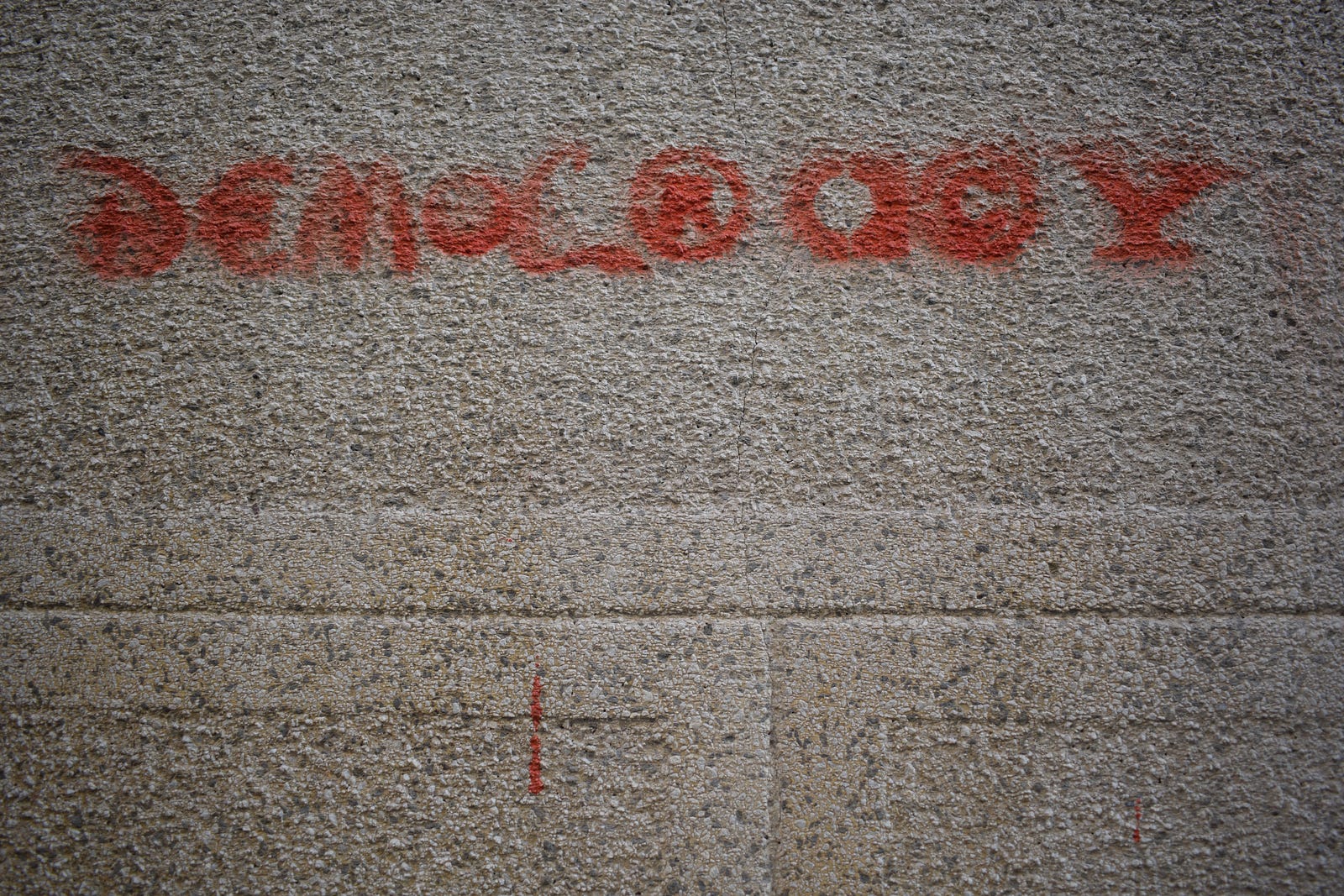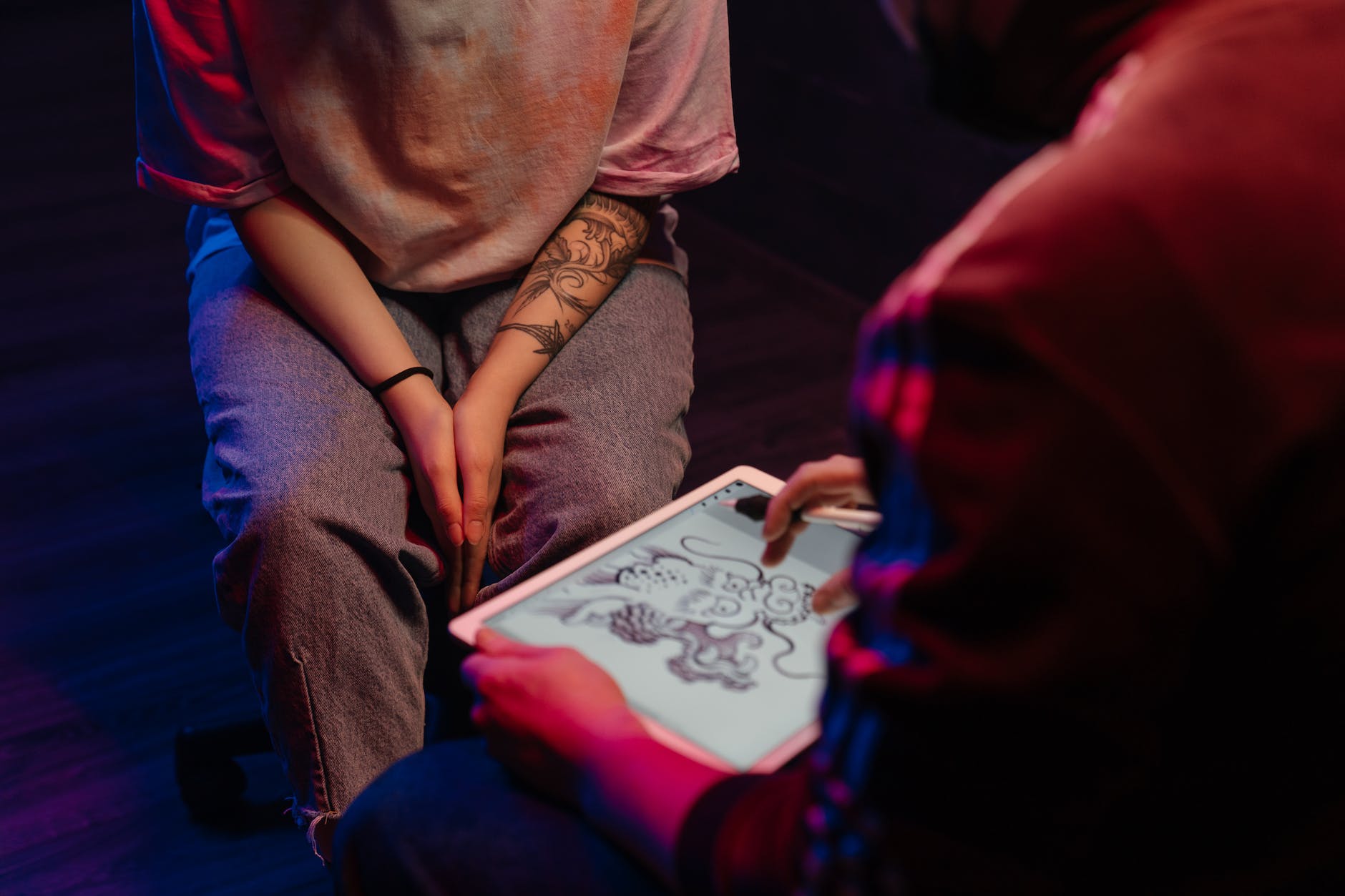
“All of this has happened before, and it will all happen again.”
― J.M. Barrie, Peter Pan
Change is good. At least, that’s what I’ve heard from any number of well-meaning people. Change often means growth and fresh ideas, but it also means the death and destruction of old ideas. And, change often means returning to another time or to other practices that worked.
Or maybe they didn’t. Perhaps we just long for a return to comfort and normalcy.
Regardless, every institution can and does experience change, whether people on the inside of the organization deliberately create change or outside forces create “jolts” in the system and force change (cite p. 330).
Kentucky public education has had two considerable jolts that I’m aware of (and I’m showing my age for one of them): the Kentucky Education Reform Act (KERA) of 1990 and, of course, the COVID-19 pandemic. KERA was a jolt that began as the work of change agents, but that whole COVID thing… we’re still not sure who the change agents were (it was totally the bats), but it was still one heck of a jolt.
I was in high school when KERA became a thing. Along with it came these things called “portfolios” that were going to revolutionize Kentucky schools. Spoiler alert: they didn’t. That failure has more to do with the implementation of change than the idea of change.
What many public schools in Kentucky have been able to do since the days of KERA is to continue pushing for creative solutions to difficult problems. They’ve also continued to make space for change agents in various positions across the state and in local schools. Of course, without effective leaders ready to change the constructed reality within a school, any change efforts will likely fail, and the same cycle of “all this has happened before,” continues as it has so many times in education.
“What’s past is prologue.”
– Shakespeare, The Tempest
After the COVID-19 pandemic (has it ended yet?), I’ve seen more concerted efforts to maintain institutional change here in Kentucky. With many districts instituting graduate profiles, the structures needed to support and maintain change are moving into place.
With the environment ripe for change after the COVID-19 upheaval, small changes in institutional processes are making their way across the state and have the potential to sustain change for the future.
References:
Marion, R., & Gonzales, L. D. (2014). Leadership in education: Organizational theory for the practitioner (Second). Waveland Press.
The Eclectic Educator is a free resource for everyone passionate about education and creativity. If you enjoy the content and want to support the newsletter, consider becoming a paid subscriber. Your support helps keep the insights and inspiration coming!












![by Donalyn Millerand - The Book Whisperer: Awakening The Inner Reader in Every Child (Paperback) Jossey-Bass; 1 Edition (March 16, 2009) - [Bargain Books]](https://m.media-amazon.com/images/I/518G+WAd9-L._SL160_.jpg)





